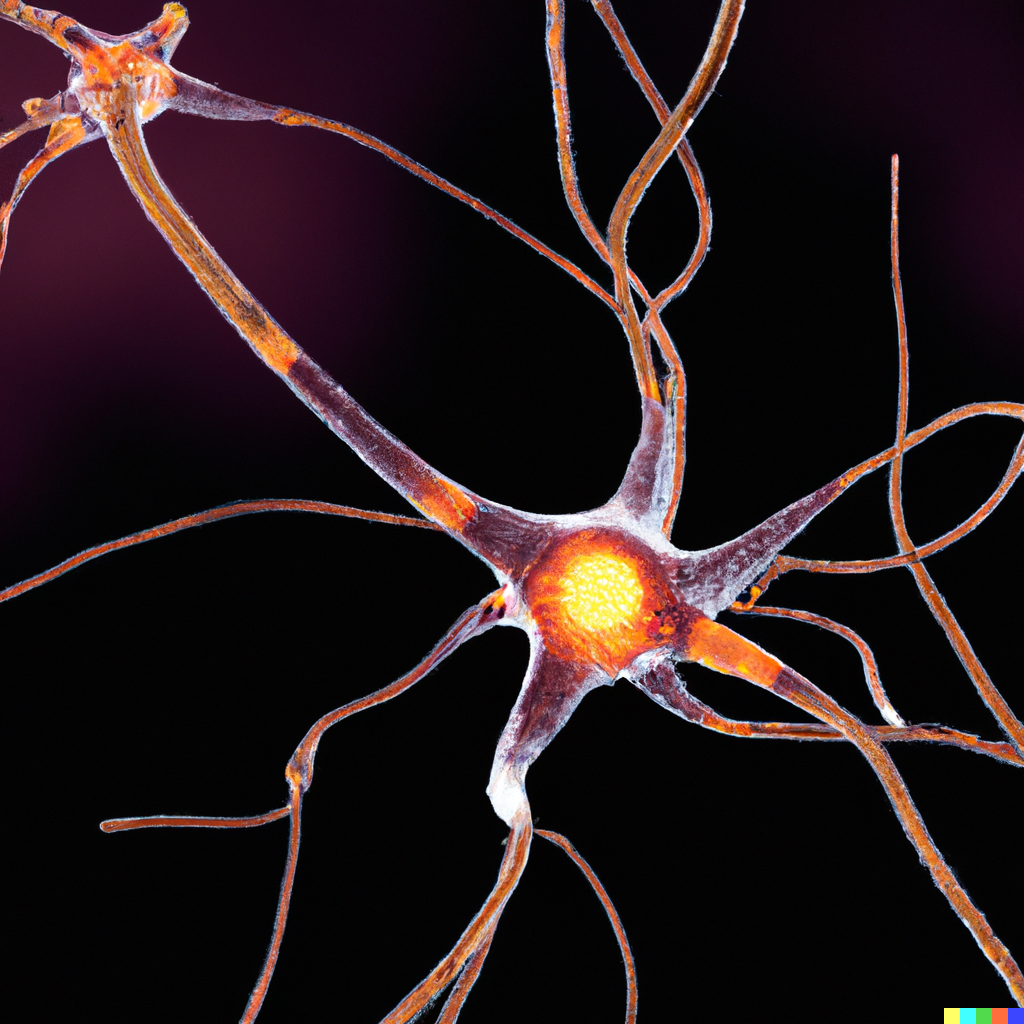Is Dementia Influenced by Genetics and DNA?
Dementia is a complex condition that is thought to be influenced by a combination of genetic and environmental factors. While the exact causes of dementia are not fully understood, several genetic factors have been implicated in increasing an individual’s risk of developing the condition.

Some of the genetic factors that have been associated with an increased risk of developing dementia include:
- APOE4 allele: As discussed earlier, the APOE4 allele of the APOE gene is the strongest known genetic risk factor for Alzheimer’s disease, a common form of dementia.
- Rare genetic mutations: Some rare genetic mutations have been identified that can cause early-onset, familial forms of Alzheimer’s disease. These mutations are responsible for a small percentage of all Alzheimer’s cases.
- Other gene variants: Other gene variants have been associated with an increased risk of developing Alzheimer’s or other forms of dementia, but the evidence for their involvement is still not conclusive.
- Polygenic risk scores: Polygenic risk scores are based on the presence of multiple genetic variants and can provide a more comprehensive picture of an individual’s genetic risk for developing Alzheimer’s or other forms of dementia.
It’s important to note that genetics is just one of several factors that can contribute to the risk of developing dementia, and the majority of cases are believed to be caused by a combination of genetic and environmental factors.
Remember, that genetic testing for dementia is still in its early stages, and more research is needed to fully understand the role of genetics in the development of the condition.





